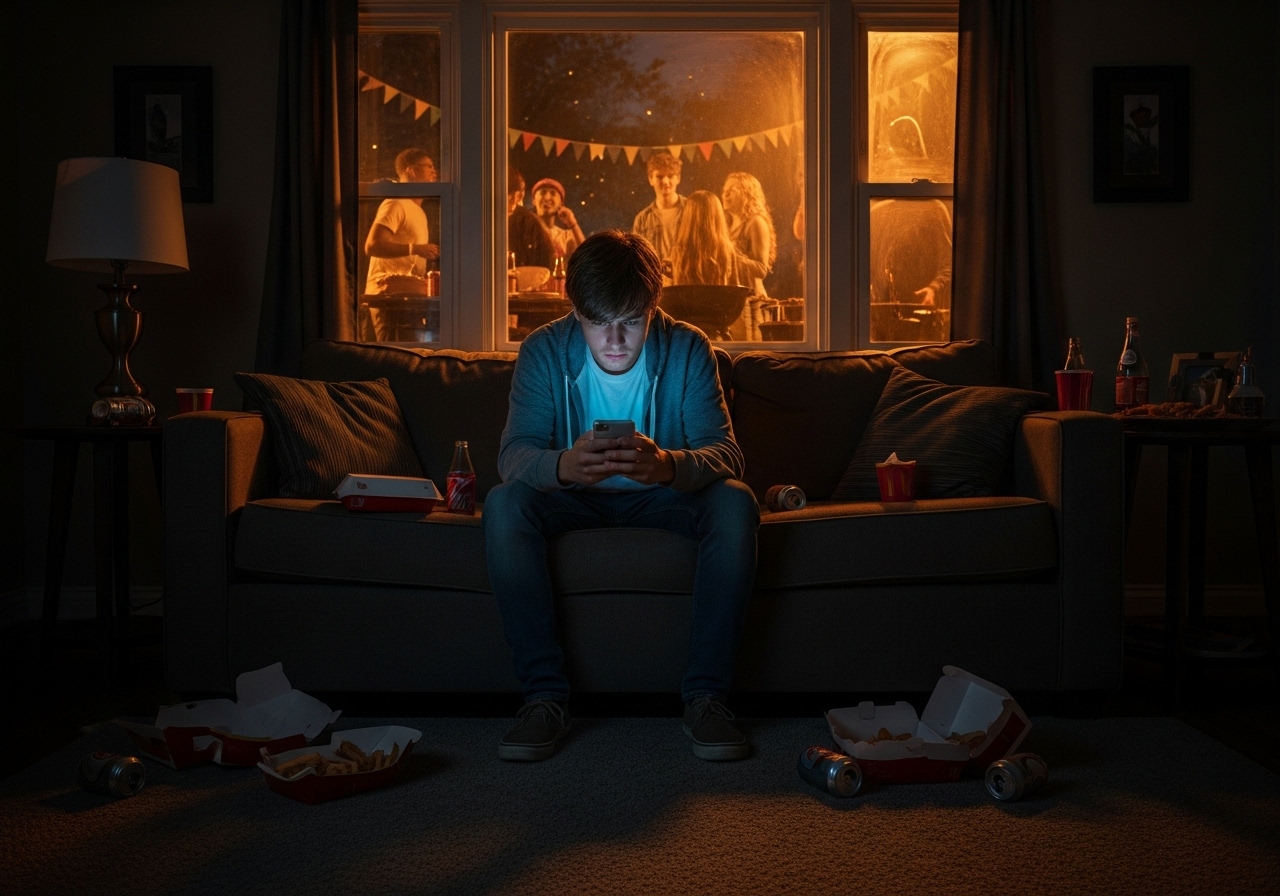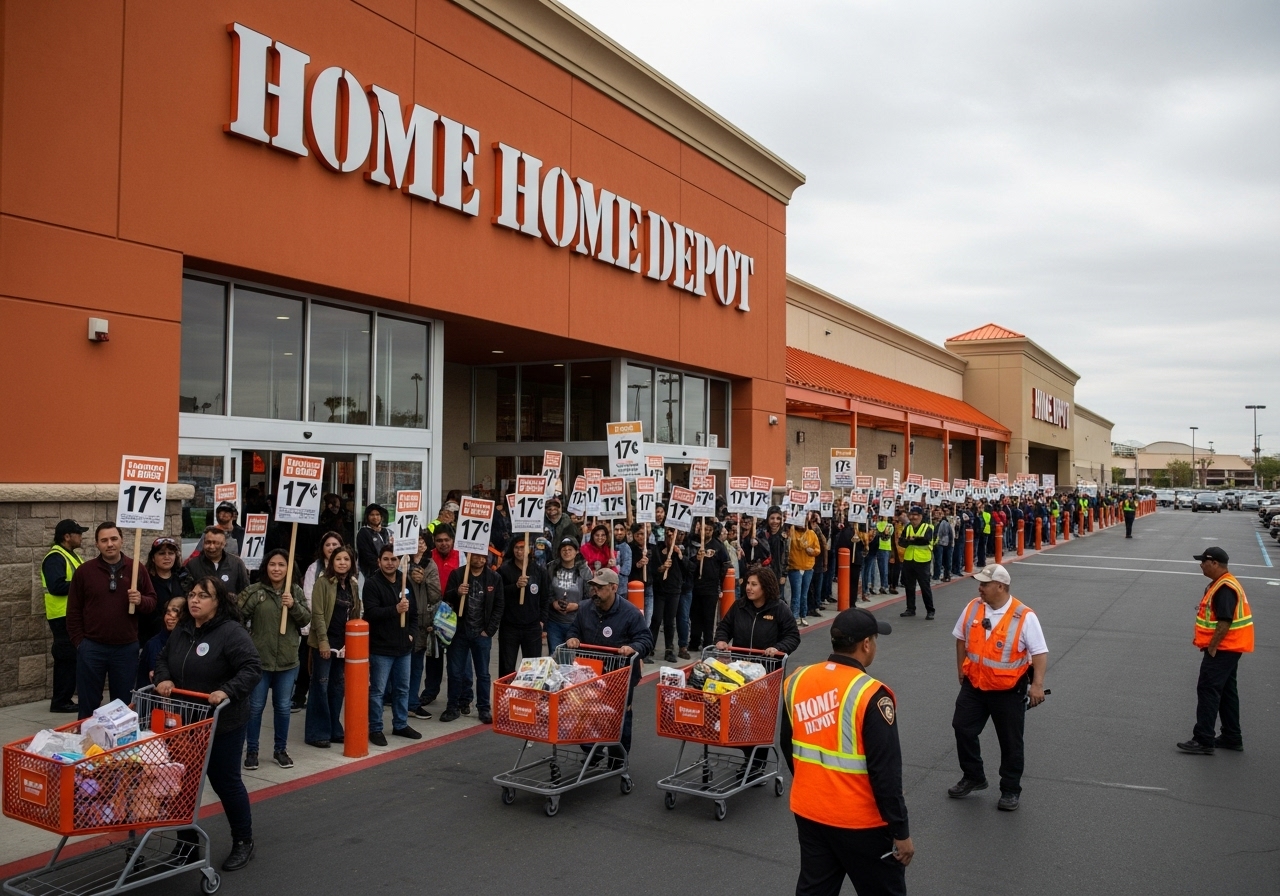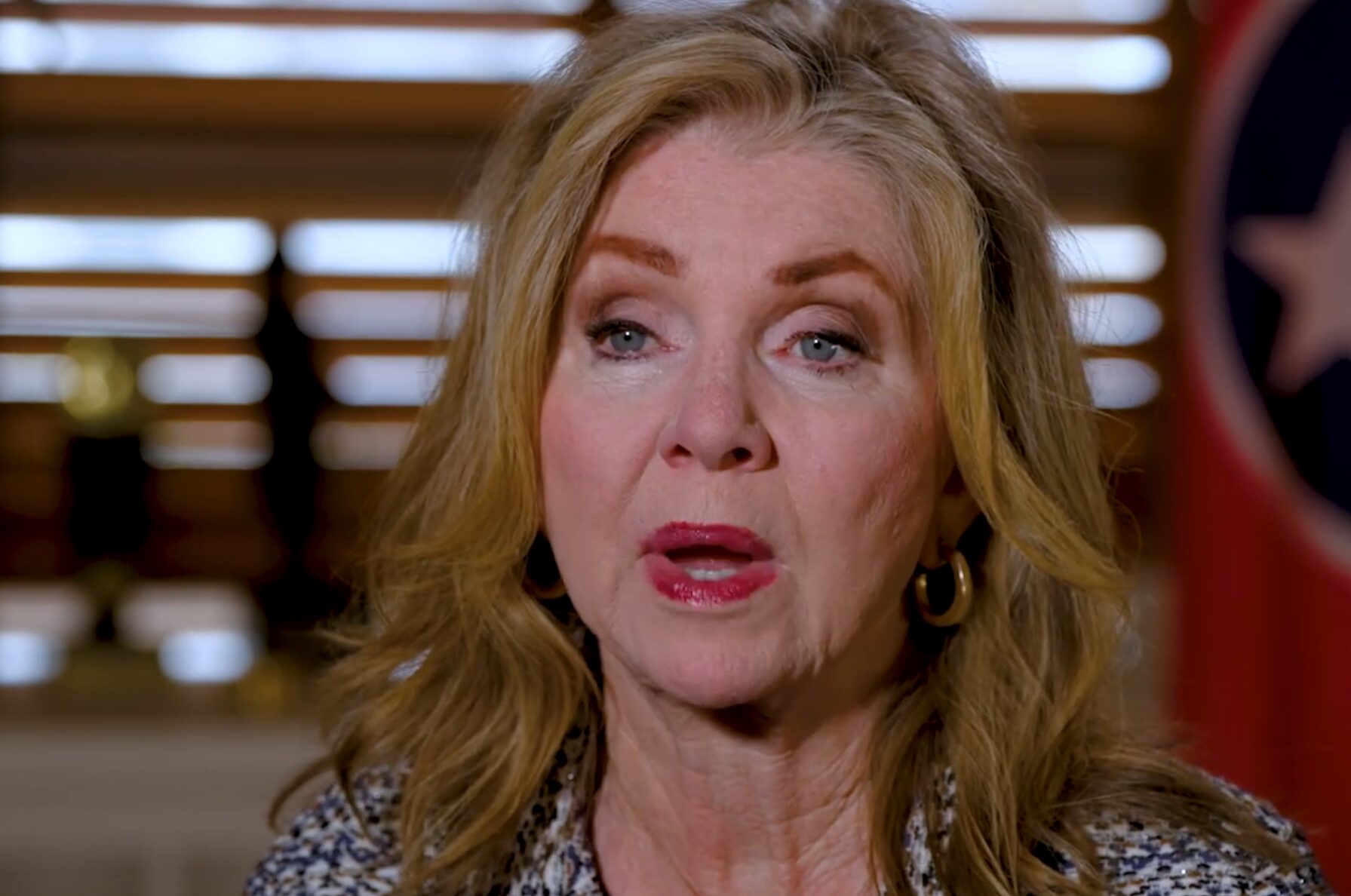America was built by people who came together, face-to-face, to solve problems, share values, and build communities. But today, we find ourselves increasingly isolated, hiding behind screens and retreating from real-world interaction. According to journalist Derek Thompson, citing the American Time Use Survey published just last month, Americans are attending and hosting social events 50 percent less frequently today than they did two decades ago. For younger Americans, ages 15-to-24, the decline is even more alarming—time spent partying and gathering socially has dropped a staggering 70 percent since 2003.
Now, before you dismiss this as trivial social trivia, understand the deeper conservative implications at stake. America thrives when we gather in person—whether in church pews, neighborhood barbecues, or town hall meetings. Our strength as a nation comes from our ability to connect on a personal level, build trust, and forge relationships. This dramatic decline in social interaction isn’t just about fewer Saturday night parties; it’s a symptom of a deeper cultural malaise threatening the very fabric of our society.
Technology, while useful, has become a double-edged sword. Social media promised increased connectivity but delivered isolation, anxiety, and division. Instead of meeting face-to-face, young Americans spend hours scrolling through curated realities, mistaking virtual likes for meaningful communication. The ease of apps like Uber Eats, Netflix, and Amazon only exacerbates the issue, enabling a culture of comfort and convenience that comes at the expense of human relationships. When everything you want is delivered straight to your door, what’s the incentive to leave the house?
But let’s not avoid the elephant in the room: COVID hysteria, weaponized by Biden-era Democrats and media fearmongers, inflicted deep scars on our social fabric. Lockdowns and mandates didn’t just damage our economy and education system; they eroded our collective willingness to gather, to worship, and to celebrate life together. This lingering fear and isolationism, promoted by the left’s obsession with control, has had real consequences.
Between 2003 and 2024, the amount of time that Americans spent attending or hosting a social event declined by 50 percent, Thompson’s Substack article on Wednesday read. Almost every age group cut their party time in half in the last two decades. For young people, the decline was even worse, the story continued. Last year, Americans aged 15-to-24 spent 70 percent less time attending or hosting parties than they did in 2003.
It’s not just a matter of fewer parties—it’s about the erosion of community and a loss of shared American experiences. Our nation’s founders understood the importance of community gatherings; it’s why freedom of assembly is enshrined in our Constitution. Social gatherings reinforce our shared values, strengthen family bonds, and build connections that hold neighborhoods together. When we neglect personal interaction, we lose something fundamental to the American way of life.
It’s also no coincidence that as social gatherings decline, pharmaceutical drug usage—especially among young people—continues to rise. Why bother with the social anxiety of meeting new people when you can pop a pill and chemically simulate happiness? This reliance on pharmaceuticals is a symptom of deeper isolation and disconnectedness. It may feel easier in the moment—but at what cost to our mental, emotional, and spiritual health?
The Bible itself reminds us repeatedly of the necessity of genuine community. Genesis 2:18 states clearly, “Then the Lord God said, ‘It is not good that the man should be alone.’” The Apostle Paul encourages fellowship and moderation, writing in 1 Timothy 5:23, “Drink no longer water, but use a little wine for thy stomach’s sake and thine often infirmities.” Even Jesus Christ emphasizes the importance of gathering together, declaring in Matthew 18:20, “Where two or more are gathered in my name, there will I be also.”
The bottom line is clear: we must not allow technology, fear, or political division to erode our fundamental human need for community. America cannot thrive in isolation—our nation was built by people gathering, worshiping, working, and celebrating together. It’s time to put down our devices, push past the lingering fear instilled by pandemic-era propaganda, and reclaim the vibrant, connected communities that made America great in the first place. The future of our republic depends on it.






